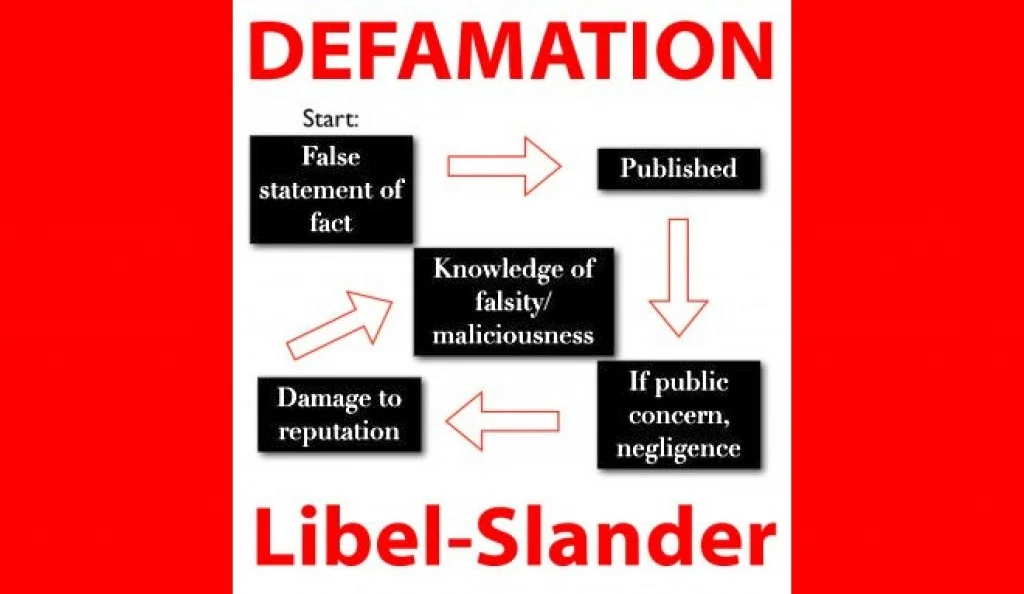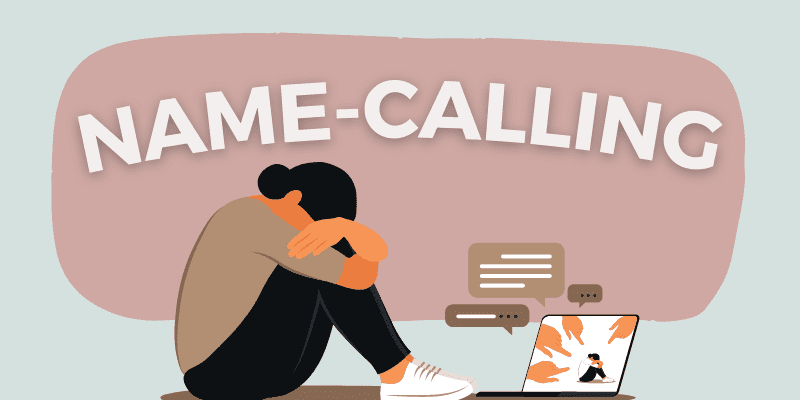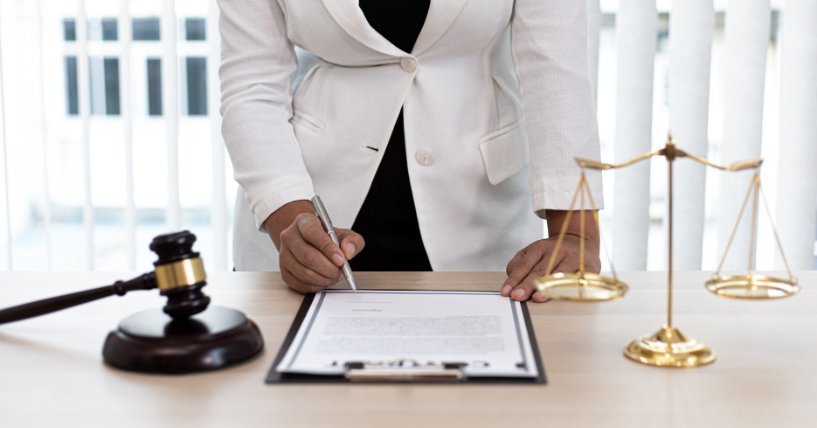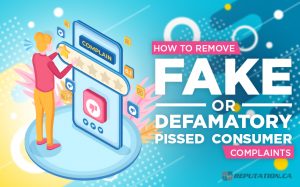Introduction:
Online reviews have a significant impact on organizations by influencing consumer behavior and public perception. While a lot of reviews provide insightful commentary and helpful critique, other users might misuse this platform to propagate untruths, use derogatory language, or even engage in cyberbullying. When confronted with disparaging remarks, fabrications, and malevolent intentions, entrepreneurs might be curious about their legal options in order to stop such detrimental conduct. This essay will examine the legal concepts and probable difficulties associated with initiating lawsuits against persons for fraudulent reviews and cyberbullying.

False Statements and Defamation:

When someone makes a false remark about another person or company that damages their reputation, it is considered defamation. Certain aspects must be shown in order to establish defamation, such as:
wrong Statement: The claim must be unquestionably wrong, not only based on personal judgment or opinion.
Publication: A third party must be informed of the misleading statement, e.g., via an internet review.
A real harm to the person’s or company’s reputation must result from the false statement.
Fault: The plaintiff must show that the defendant behaved with genuine malice or a careless disregard for the truth in situations involving public persons or topics of public interest.

Name-calling and Destructive Words:
Even though they might not always meet the legal requirements for defamation, reviews that use derogatory language, threaten someone, or engage in cyberbullying can nonetheless be upsetting and harmful. Such actions could be considered harassment or deliberate infliction of emotional distress, depending on the jurisdiction.
Defamatory Reviews: Legal Action:
In order to obtain remedies like monetary damages and injunctive relief, business owners may choose to take legal action against those who write defamatory evaluations. Negotiating slander cases, however, can be difficult and complicated. Investigation and proof are necessary to prove the defendant’s culpability, establish damage to their reputation, and prove that comments were false. Legal Action
Company owners may file lawsuits for defamatory reviews against individuals, requesting monetary damages and injunctive relief as remedies. Defamation claims, however, can be difficult to navigate and need proof of deception, injury, and negligence.

Harsh and slanderous remarks:
A lot of emotional pain and suffering can nevertheless be caused by name-calling, abusive remarks, and cyberbullying, even though they don’t necessarily meet the legal requirements for defamation. Legal action may be warranted in certain instances if such behavior is deemed to be harassment or deliberate inflicting of emotional distress.
Obstacles in Virtual Litigation:
Filing lawsuits for actions taken by persons on the internet presents special difficulties. Complicating the legal procedure can be identifying reviewers who are anonymous or pseudonymous, obtaining evidence of misconduct, and resolving jurisdictional difficulties. Furthermore, website operators are shielded from liability for content uploaded by third parties by the Communications Decency Act (CDA) Section 230, which makes it more difficult to hold people accountable for misbehavior committed online.
Recognizing Unidentified Reviewers:
One of the difficulties in taking legal action against anonymous or pseudonymous online reviewers is figuring out who they are. Subpoenas may be necessary by courts to compel review platforms to reveal user information, which would complicate the legal process even more.
Maintaining Free Speech in Balance:
Businesses have the right to defend their reputations, but the right to free speech must be balanced when taking legal action against internet critics. The conflicting interests of preserving people’s reputations and defending their freedom to voice their thoughts and experiences must be carefully considered by courts.
Platform Defense:
The Communications Decency Act, Section 230, shields online platforms from liability for content uploaded by third parties. Nevertheless, content that the platform contributes to or significantly modifies is not protected by this exemption.
Challenges of Jurisdiction:
Legal action against online reviewers may become more difficult to pursue due to jurisdictional concerns, especially if the reviewers are located in different states or nations. Courts have to decide if they have jurisdiction over the defendant and whether laws apply.
Harmonizing Legal Protections with Free Expression:
Although people have the freedom to share their thoughts and experiences online, this freedom is not unqualified. False information, harmful activity meant to cause harm to others, and defamatory remarks are not covered by the free speech rights. By making people answerable for abusive or defamatory behavior on the internet.
Encouragement of Responsible Behavior:
A healthy online environment must be promoted by encouraging responsible conduct and ethical norms, even though individual cases of destructive online activity can be addressed through legal action. Campaigns for awareness and education can enable people to participate in constructive criticism and polite conversation.
Conclusion:
Owners of businesses have the legal right to sue those who post fraudulent reviews, use derogatory language, or engage in cyberbullying. The conflicting objectives of free expression and reputation protection, jurisdictional concerns, and defamation rules must all be carefully taken into account when navigating the judicial system. For both consumers and businesses, we can build a safer and more positive digital environment by encouraging responsible online behavior and supporting ethical standards. Business owners may be proactive in safeguarding their brand and holding people responsible for damaging online behavior by being aware of the intricacies of cyberbullying and online defamation laws. Furthermore, encouraging a respectful and responsible online culture can aid in reducing the frequency of negative reviews and cyberbullying in the digital sphere, creating a safer and more positive online environment for both customers and businesses.
- All Posts
- Uncategorized

Dr. Daniel Davidson, MD, MBA Introduction: The goal of success for businesses nowadays is to establish a global brand because…

Dr. Daniel Davidson, MD, MBA Introduction: Stem cells have captivated the imagination of scientists and the public alike for their…

Dr. Daniel Davidson, MD, MBA Introduction: Platelet-rich plasma (PRP), fat grafting, and dermal fillers made from natural sources are examples…
